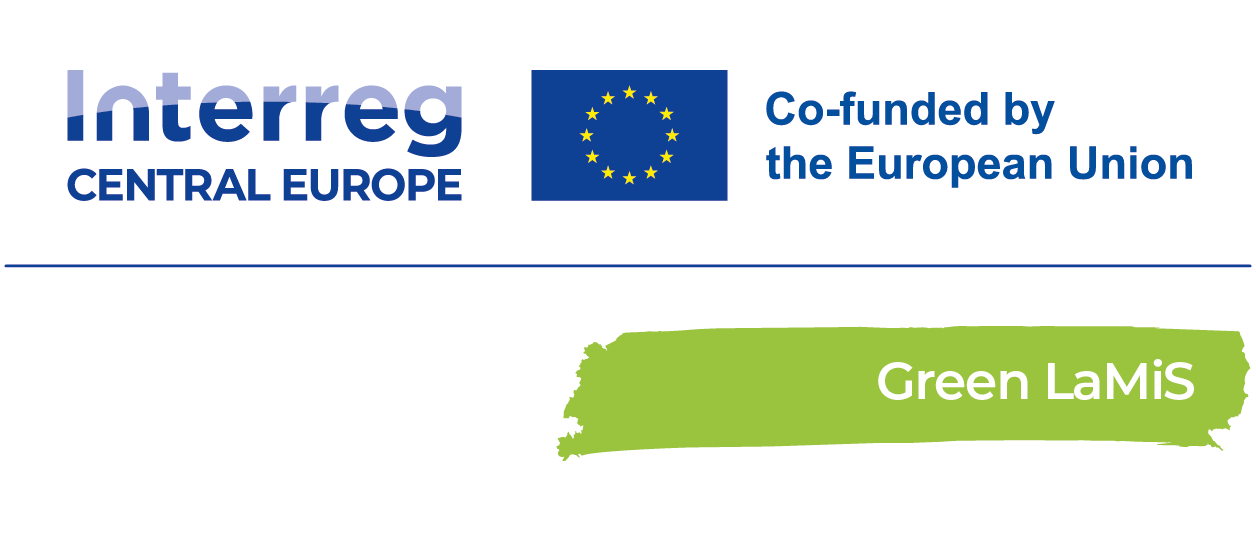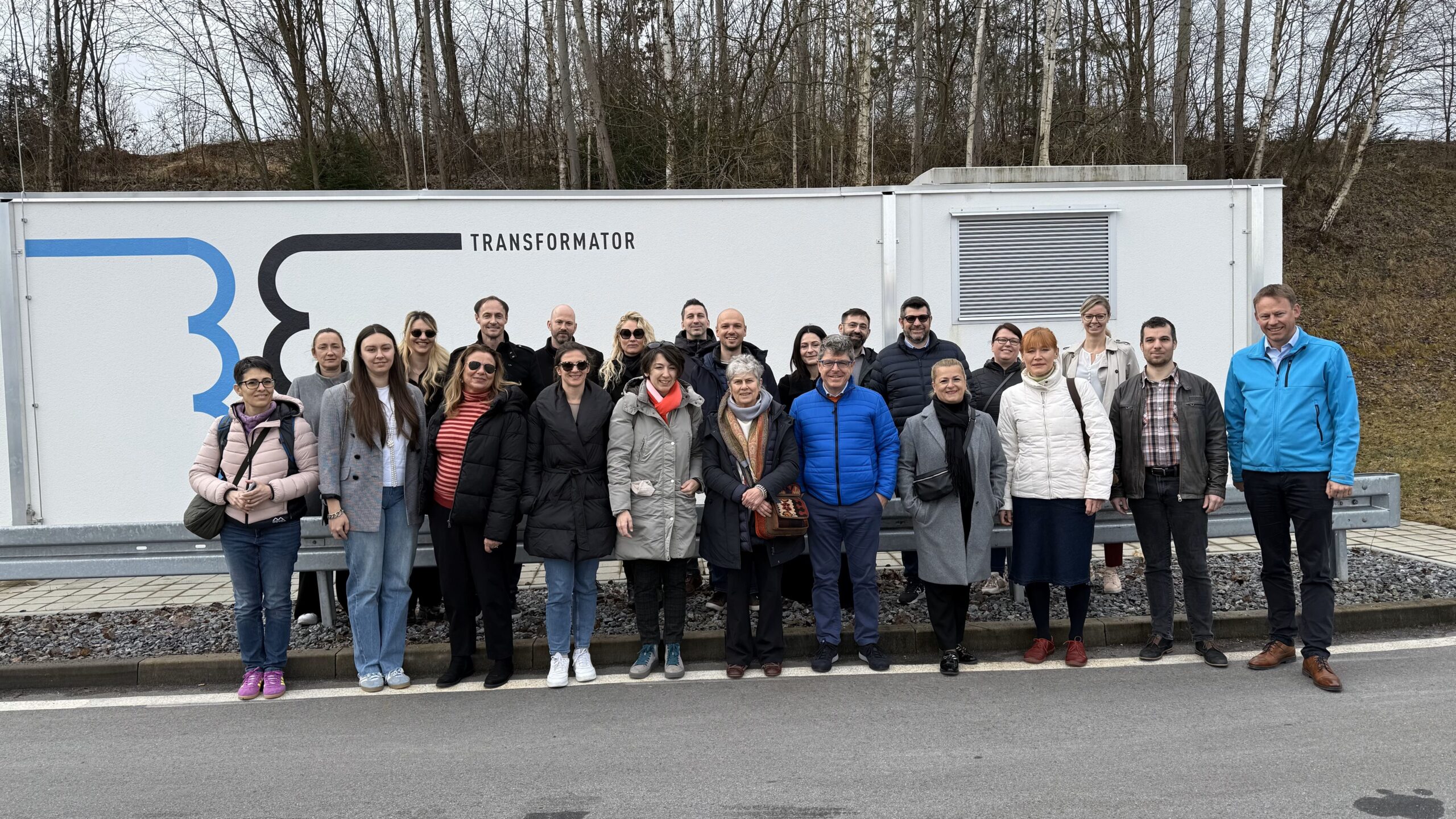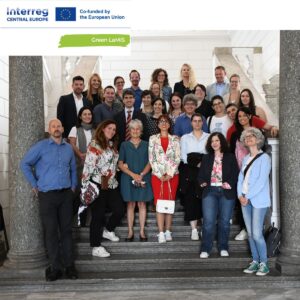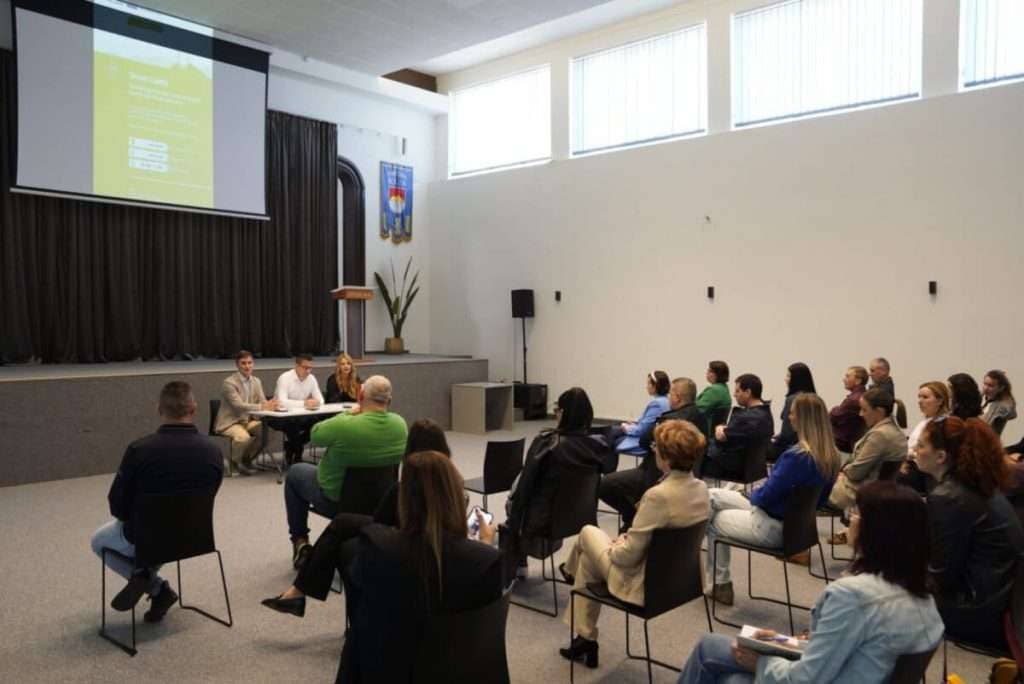Project overview
Green LaMiS: greening the last mile of public home services delivery
Greening the delivery of products to people has been addressed for many years - but what about the delivery of social services? Offering these to people at home is often unsustainable, it causes CO2 emissions and traffic issues. The Green LaMiS project develops a common strategy for a more sustainable delivery of home social services based on carbon footprint calculations and territorial characteristics. The partners develop and test joint solutions and integrate their findings into urban mobility plans. They also build stakeholder capacities on these plans for a sustained impact.
-
1,83m €
-
Project Budget
-
80%
-
of the Budget is funded by ERDF
-
4
-
Countries
-
5
-
Regions
-
9
-
Partners
-
1
-
Pilots
Duration
Start date
End date
Project progress
Project partnership
Project partners

Lead partner
Fondazione Politecnico di Milano
Operation Unit – MULTI (Multilateral and Territorial Initiatives)
20133 Milano
Project partner
//
Progettazione Europea Direzione Servizi Socio Educativi
CENTOURIS
Roadmap
CHALLENGE

Since 2020, the demand for home services has been steadily increasing, not only delivery services, but also care services for the elderly and disabled without family support, or people living in situations of economic and social fragility and are followed by the social services of the individual municipalities. Home care is an essential service for the well-being of elderly and frail people, because the home is the place of affection, memories, and security where it is possible to establish effective care and rehabilitation relationships. However, very often the home workers of the social enterprises that manage these services use their cars to reach the people assisted and this leads to an increase in urban traffic and CO2 emissions.
OUR PURPOSE

The Green LaMiS project aims to make social services at home greener and more sustainable in Central Europe. We want to reduce the environmental impact by using the Carbon Footprint model, which helps us measure and decrease CO2 emissions. We will integrate these solutions into urban mobility plans to ensure that the results are sustainable over time; and test our solutions by involving all partners and local communities.
CREATE A TRANSNATIONAL SOLUTION FOR THE GREENING OF HOME SOCIAL SERVICES DELIVERY

Making home services greener will reduce CO2 emissions, air pollution and traffic. It is not just a matter of using ecological vehicles, but of following a sustainable development strategy for the territories of Central Europe through the development of intervention models that can be adapted to the real needs of the individual territorial contexts, their characteristics and needs. Adopting an ecological fleet and a technological system to manage workers' movements has a great impact: less traffic, less CO2 pollution and more efficient home services for citizens. In addition, social enterprises become more competitive and improve the quality of their services, benefiting both local authorities and the final recipients of services.
TESTING THE SOLUTION IN 3 CITIES TO VALIDATE THE JOINT ACTION PLAN

Project partners will test green strategies for home-based social services in Bergamo (Italy), Szombathely (Hungary) and Klis (Croatia). They will evaluate the results using specific indicators (KPIs) to compare them in a uniform way. This will serve to create a long-term solution to integrate green mobility into urban mobility plans.
CAPACITY BUILDING FOR A GREENER URBAN SOCIAL MOBILITY

The last phase of the project will create a toolkit for local authorities and social enterprises on planning and managing green mobility, with easy-to-use materials for municipal and social enterprise managers.
POLICY RECCOMENDATIONS

This activity will create a lasting legacy beyond the duration of the project, contributing to social cohesion in Central Europe. The results of the pilot actions will be translated into policy recommendations contained in final guidelines for local authorities. Agreements between partners will support this phase. The activity will conclude the project and leave a legacy for the future of the CE area with the aim of: 1. Increase the use of the Carbon Footprint model for home social services. 2. Promoting ecological mobility for social services. 3. Provide recommendations to policymakers to reduce transport externalities and CO2 emissions in EC urban areas. The partners will organise a political roundtable with mayors or advisors of partner public authorities to build a future vision of sustainable home care services. Agreements between partners and stakeholders (such as municipalities, social enterprise networks, research institutes, vehicle suppliers, etc.) will help to continue the work done.
News
Events
Pilot actions
Outputs

Transnational project to green home services delivery in 3 small-medium cities of IT-HU-HR

Co-design of a joint methodology for sustainable mobility

Sustainable mobility strategy and action plan for home care services' delivery

The Green LaMiS is a A-Z Glossary

The Baseline Analysis

Collaboration agreement for sustainable mobility development of social home care services

Joint strategy and action plan

Pilot Action guidelines

Green Mobility KPIs

Report from Pilot Implementation for a validation of the sustainable mobility model for home services’ delivery

Capacity Building Tool Kit

Integrated Green Mobility Plans for building the ecosystem for greener urban social mobility

Policy recommendations and future vision of the project
Green LaMiS
The project lead partner is responsible for the content of this project website.







